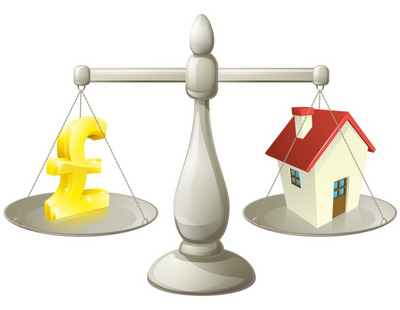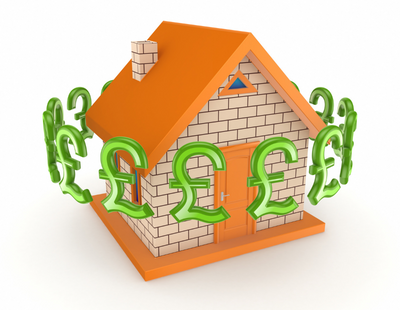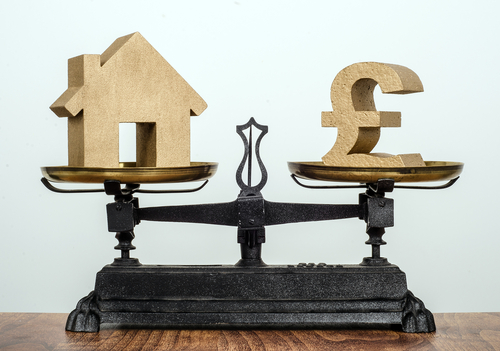Property market activity has returned to levels last seen in the aftermath of last October’s mini Budget, data from the Royal Institution of Chartered Surveyors (RICS) suggests.
As borrowing costs continue to rise, its latest Residential Market Survey said, many of June’s survey results have fallen deeper into negative territory in terms of net balance readings.
New buyer enquiries slipped to a net balance of -45%, down from -20% in May, which is the lowest reading recorded since October 2022 when it was at -51%.
Respondents across all parts of the UK reported a firmly negative trend in buyer enquiries compared to May.
For newly agreed sales, the net balance fell to -34% in June, which is notably weaker than the figure of -8% in May. This represents the most downbeat figure since December 2022, when the net balance stood at -38%.
Near-term sales expectations deteriorated to post a net balance of -36% in June, a four-month low.
On a 12-month view, a net balance of -31% of survey participants foresee sales declining.
This brings to an end a three-month run of largely stable sales expectations for the year ahead and adds further evidence of the negative impact of rising interest rate expectations on market sentiment, the RICS said.
Having picked up slightly during May, new sales instructions reportedly held more or less steady this month, with a net balance of -1.
Meanwhile, average stock levels on estate agent’s books were also little changed relative to May at 37.4 properties.
Although this level of inventory is still slightly higher than that reported at the end of last year, the average number of homes available for purchase currently remains very low on a longer-term historical comparison, according to the RICS.
The survey indicator representing trends in house prices nationally, declined to a net balance of -46% from the -30% seen in May, with price expectations now standing in firmly negative territory at both the three and 12 month forecast markers.
In some positive news, 58% of survey participants noted that homes with better energy efficiency credentials are holding their value in the current market.
Simon Rubinsohn, chief economist for RICS, said: “The latest increase in interest rates and the impact this has already had on mortgage rates is clearly visible in the key RICS metrics regarding buyer enquiries, sales and prices which have all retreated over the past month.
“Inevitably in this environment, activity levels are likely to remain relatively subdued. However, an important message coming back from RICS agents is around ensuring prices are set with an eye on the market conditions of today, rather than the recent past; when this is done, sales are taking place.
“It is also worth bearing in mind that house prices are only very modestly down on their recent highs and well above where they stood prior to the onset of the pandemic."








.png)






.png)


.png)




Join the conversation
Jump to latest comment and add your reply
Unless buyers / sellers have to participate in the market at present, it's not 'the market conditions of today' that matter, but expectations of market conditions over the next couple of years. On balance, a majority of FTBs and people wanting to trade up are likely to postpone their involvement in the property market in anticipation of further price falls because it makes financial sense to do so - it's just basic behavioural economics.
As always the RICS report is useless as it relates to 6 months ago and the market changes so fast.
Please login to comment